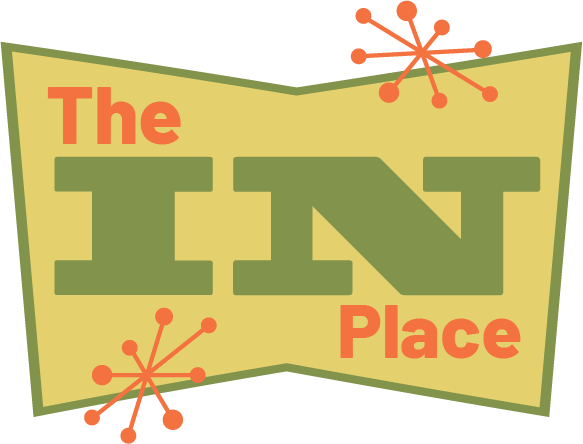I’ve been in ADHD coach for about 12 or 13 years. And I had no idea when I started doing this for a living that I would end up talking so much to people about anxiety. Statistics show about 80% of people with ADHD have at least one comorbidity. The most common comorbidity is anxiety/depression. I’ve seen it quantified that way many times. And I don’t dispute that anxiety and depression are very closely related. But they are distinctly different. I guess I think of them as something akin to fraternal twins.
In my practice anxiety is tremendously prevalent. I would estimate that 90% of my clients struggle with anxiety in one way or another. But often they don’t realize it at first. I like to think I’m getting better at noticing it. But there was a time that it was difficult for me to figure it out as well. It’s quite sinister how many anxiety traits/symptoms overlap with those of adhd.
This might end up being a multi-part examination of anxiety. But today, I want to talk about the lion. The lion represents both fear and real danger, a survival situation. It’s important to understand how our brain reacts when confronted by a lion. It is also important to understand how our brain reacts when we start perceiving things as lions that are not lions.
Our brains are pretty sophisticated biological machines. But we don’t always have as much control as we think. Generally speaking, a lot of our higher functions, decision-making, human smarts reside in our prefrontal cortex. That’s why we can think about paying you back next Tuesday if you were to buy us a hamburger today. (If you’re too young to get that reference… It just makes me sad.) of course, as ADHD people, we’re not always good at that executive function, planning, decision-making stuff. Put a pin in that. I will circle back.
But our brain is hardwired to survive. And it’s not our prefrontal cortex that is in charge of that it is our amygdala. Because it doesn’t matter what’s happening next Tuesday if you get eaten by a lion today. The only thing that matters when you’re staring down a hungry lion is how to stay alive. Fight? Flight? Or the less adaptive freeze? So when confronted with a real fear, our brains very literally switch gears. Much of our higher thinking is switched off, we’re flooded with adrenaline, and are physical body and our mental state are both affected. Our focus gets better but our decision-making gets worse. Well, I guess I shouldn’t say that our decision-making gets worse in real life threatening situations. Our species did evolve. But what about those non life-threatening situations?
let’s say you’re a college freshman. And let’s say that you’re off the charts anxious about school. You get up one morning and the thought of going to class terrifies you. Your brain interprets class as a lion. Once that happens, it is extremely difficult think about the long-term ramifications of not going to class, not learning the material, failing tests, getting an f in that class, failing out of school. Because all that stuff is next Tuesday. And next Tuesday doesn’t matter if the lion eats us today. And class is the lion.
This is where one of two things usually happens. Either this hypothetical student tells himself stories to minimize the impact of what is ultimately not a good decision. They may take the form of I’ll listen to the lecture later. I’ll get the notes from my friend. This class isn’t too hard anyway. It’s only one class. I think you get the point. The other option is to so thoroughly engage in avoidance that the question of any future consequence doesn’t even enter the student’s consciousness. That might be drinking. It might be video games. It might be anything. Again I could probably write a whole post or three on just this avoidance response. Maybe I’ll come back to it in future weeks.
I guess my point is that either way this kid’s going to fail the class. And if the kid is diagnosed with ADHD it could look a lot like that was the problem. It can look like poor time management was the reason he missed the class, and got behind in the work. It can look like poor executive function was the reason he didn’t plan ahead, or see consequences coming. And we can blame his inability to break things down into pieces or his lack of attention for why he got overwhelmed. And I’m not saying those things might not be part of the problem. And I’m not saying that a kid who just has ADHD can’t get foiled by only those things.
What I’m saying is that there is complete overlap between anxiety and ADHD in this scenario. And figure out what the driving factor is is incredibly important. Because more stimulants, executive function coaching, therapy, aren’t going to do any good if the kid’s so anxious that he can’t engage. Of course, this is just one example. They’re 100 things worth avoiding in life if they seem like a lion. And if all you see is lions, life’s a pretty scary place, a place where it’s very difficult to make any progress.
I don’t have much of a conclusion here. So I’m just going to leave it there and assume that you know about the standard disclaimer…
